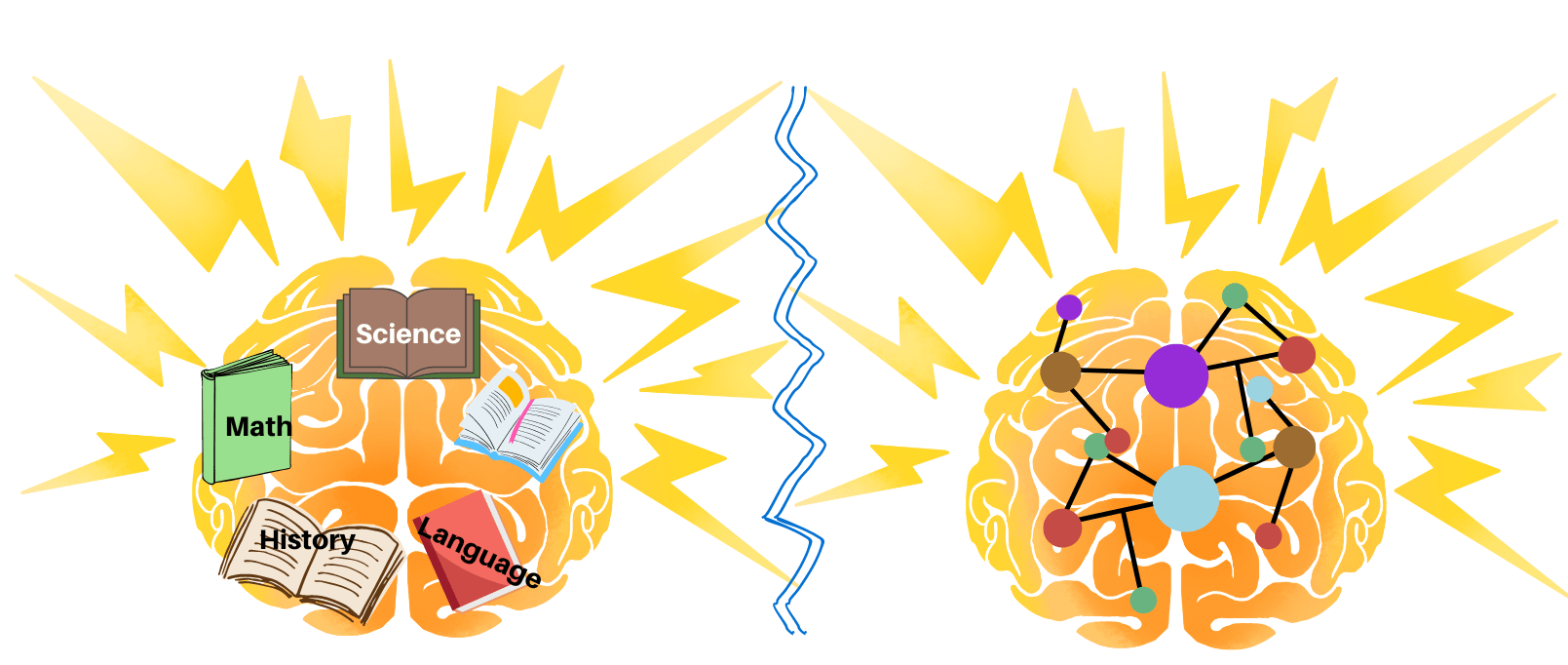Can we break our knowledge into subjects? What happens when we imbibe the knowledge without these boundaries? Let’s explore
Our education system often conditions us to separate knowledge into distinct subjects, creating boundaries around each one. For example, we see a great painting in the art box, science in a lab, and computers in the technology box.
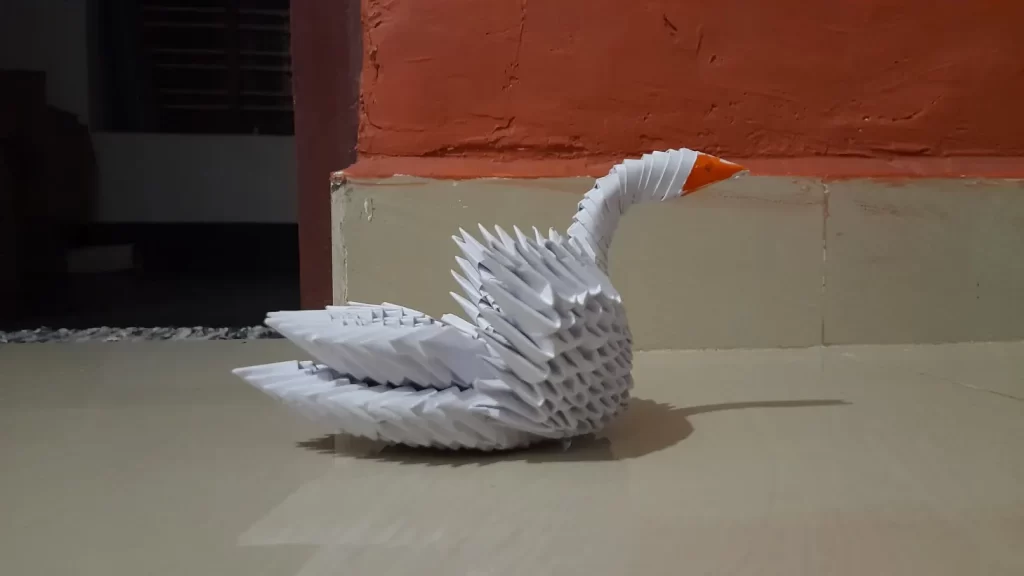
By constantly switching between isolated subjects, we miss the interconnectedness of knowledge. This focus blinds us to the fascinating relationships and wonder that emerge when we make connections. Unlike countries on a map with clear borders, knowledge doesn’t have rigid boundaries. Just as the lines on a map don’t represent real divisions, separate subjects shouldn’t fragment our understanding of knowledge.
Let’s talk about technology. The dictionary meaning of technology is – “A manner of accomplishing a task, especially using technical processes, methods, or knowledge”.
By this definition, most things we use at home fall under technology. Using a sewing machine to baking and icing a cake all fall under the technical domain. Our mothers mastered the art of sewing, a task requiring precision. They effortlessly combined technology (sewing machines), math (measurements), and manual dexterity to transform two-dimensional fabric into clothing that fits the three dimensions of the human body.
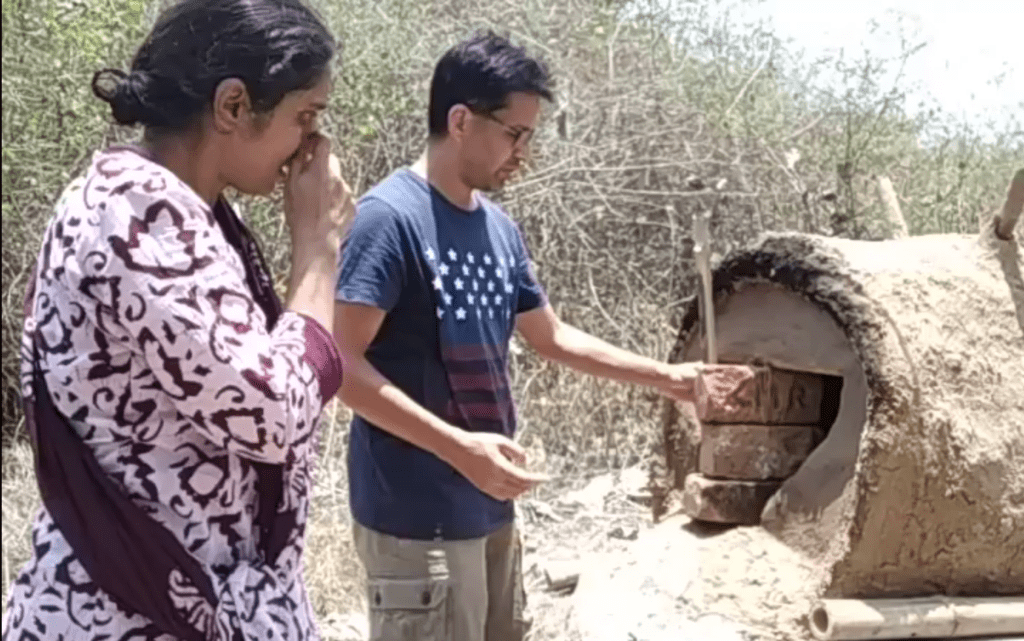
Running a household involves a lot of finance-related knowledge. Slicing vegetables is equally an art as a painting. The kitchen is as good a lab as we work in a school lab. Our grandmothers used the concept of science and technology to churn milk fat into butter and Ghee. The study of Human development is history yet we associate history mostly with wars and kings. We hardly refer to history in the context of science and technology. We associate economics and finance with GDP and banks/businesses. But everyday living is solely based on economics and finance. A sports coach knows that the most important factors in sports are technique, science, art, and psychology. Talking of psychology – whole marketing, advertising, and consumer research is based on psychology.
The way we compartmentalize knowledge into separate subjects clashes with the interconnected nature of the world around us. This segregation confines knowledge and hinders the cross-pollination of ideas across different domains. Curricula-based learning, with its emphasis on individual subjects, is a root cause of this disconnect. As a result, we miss out on appreciating the beauty of connections between different areas of knowledge.
While specialized knowledge is certainly crucial for creating a masterpiece, a holistic understanding of the bigger picture is what truly allows someone to excel.
Separating subjects is like trying to build a house with only hammers or nails. Sure, each tool has its purpose, but you need all of them to create something amazing! For example, learning about different types of rocks in science might seem disconnected from reading a story about dinosaurs in history. However, when you connect these subjects, you see how understanding rocks helps us learn about the environment where dinosaurs lived!
Limiting ourselves to a subject-based view of knowledge hinders our observation and thought process. Instead, let’s ask ourselves and our children a powerful question: “What did we notice and wonder about today?”
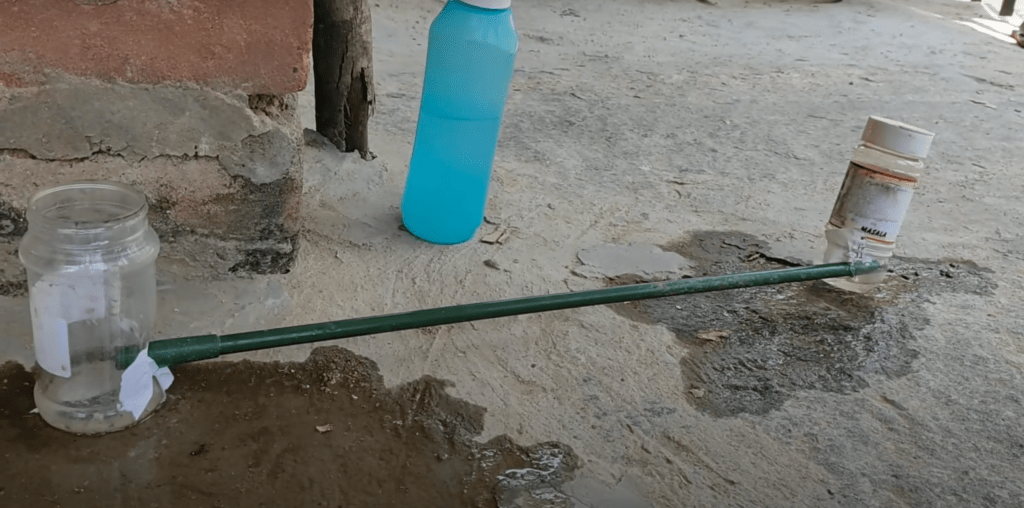
For example, when we look at a graph or chart, let’s actively ask what we notice or wonder. This simple question sparks active thinking, ignites new ideas, and helps us see the bigger picture beyond the chart. It’s empowering! We learn that the goal isn’t just creating a chart, but understanding the various perspectives it represents. By uncovering the big idea behind a concept, we can build a strong foundation of cross-functional knowledge. This interconnected understanding provides a more holistic view of the world compared to studying science, history, and economics in isolation.
Knowledge is an excellent toolbox. These tools help you understand the world around you and solve problems. These tools may be facts, skills, or ways of thinking.
here are some tools to develop a broader understanding of knowledge that transcends subject boundaries.
- Open-ended questions – This helps to look at the same things from different viewpoints, opening more doors of inquiry.
- Procedural knowledge – It is about how you apply acquired knowledge. Having a good vocabulary is great but creating stories, poems, and advertisements from those words is about how you apply the knowledge of words.
- Look beyond function – We are accustomed to mapping an object with its function. Try to see how the same object can be used for other things than its basic function. For example, how else you can use a cup other than drinking tea.
- Look beyond design – Look at any object beyond its existing features. Looking at the less obvious features may create new usage of the object. For example, consider a chip packet. Look at other features like sound. Can you use it to produce sound?
- Looking beyond generic goals – Specific goal phrasing can restrict thinking. Generic goals broaden perspective. For example, when we use the term “ adhere vs fasten”. Adhere may restrict choices like adhesives or glues. But “Fasten”, may help to think about many objects like Velcro, paperclip, buckle, glue, tie, etc.
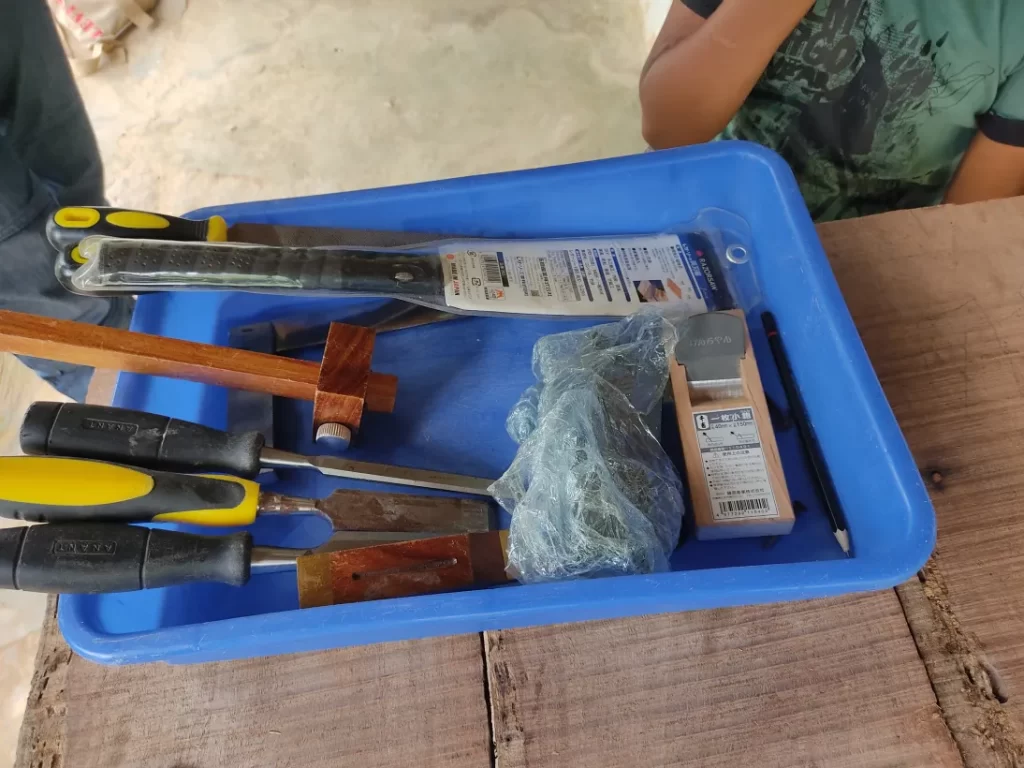
Don’t stop at these categories! There’s a whole world of knowledge waiting to be explored. Expand your horizons and delve into different realms of learning. Curiosity and questioning are the keys that unlock knowledge. Let’s explore the world with a broader lens before specializing in any one subject.
Imagine knowledge as a vast landscape, not a collection of isolated boxes. When you encourage your child to explore the connections between subjects, you’re empowering them to build a powerful toolbox for understanding the world and solving problems creatively. Let’s ditch the subject boxes and actively embrace the exciting world of interconnected knowledge!
Following are few other articles which can help you to explore more
